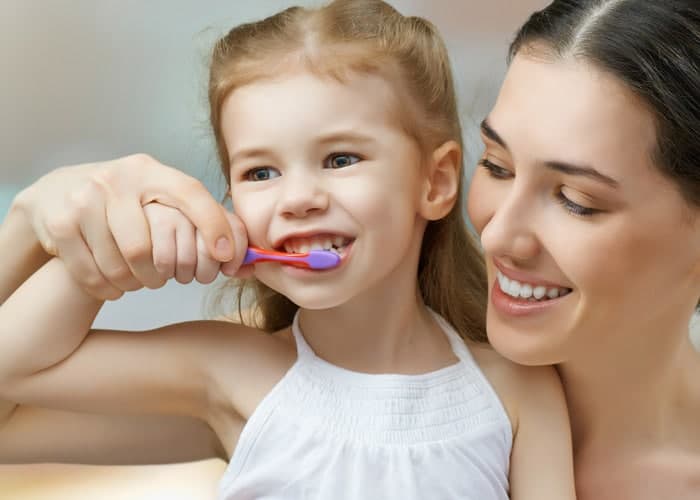Brushing and flossing are essential practices for maintaining oral hygiene, but timing plays a significant role in their effectiveness. Knowing when to brush and floss can enhance your efforts to prevent cavities, gum disease, and other dental issues. Below, we discuss the best times for these activities to ensure a healthy smile.
Brush Twice Daily: Morning and Night
The best times to brush your teeth are in the morning and before bed. Morning brushing removes bacteria and plaque that accumulate overnight, giving you a fresh start to the day. Brushing at night is equally important, as it removes food particles, bacteria, and plaque that build up throughout the day. Use fluoride toothpaste and spend at least two minutes brushing to ensure all surfaces of your teeth are cleaned thoroughly.
Floss Once Daily: Preferably at Night
Flossing is most effective when done once a day, preferably at night before brushing. This timing allows you to remove food debris and plaque from between your teeth and along the gum line, preventing it from hardening into tartar overnight. Flossing before bed ensures a clean mouth and reduces the risk of gum inflammation and decay while you sleep.
Wait After Meals to Brush
If you brush after eating, especially following acidic foods or drinks, it’s best to wait about 30 minutes. Acids temporarily weaken tooth enamel, and brushing immediately after eating can cause enamel erosion. Instead, rinse your mouth with water or chew sugar-free gum to neutralize acids before brushing. This approach protects your teeth while maintaining oral health.
By brushing twice daily, flossing once a day, and timing your routine carefully, you can effectively care for your teeth and gums and maintain a bright, healthy smile.


